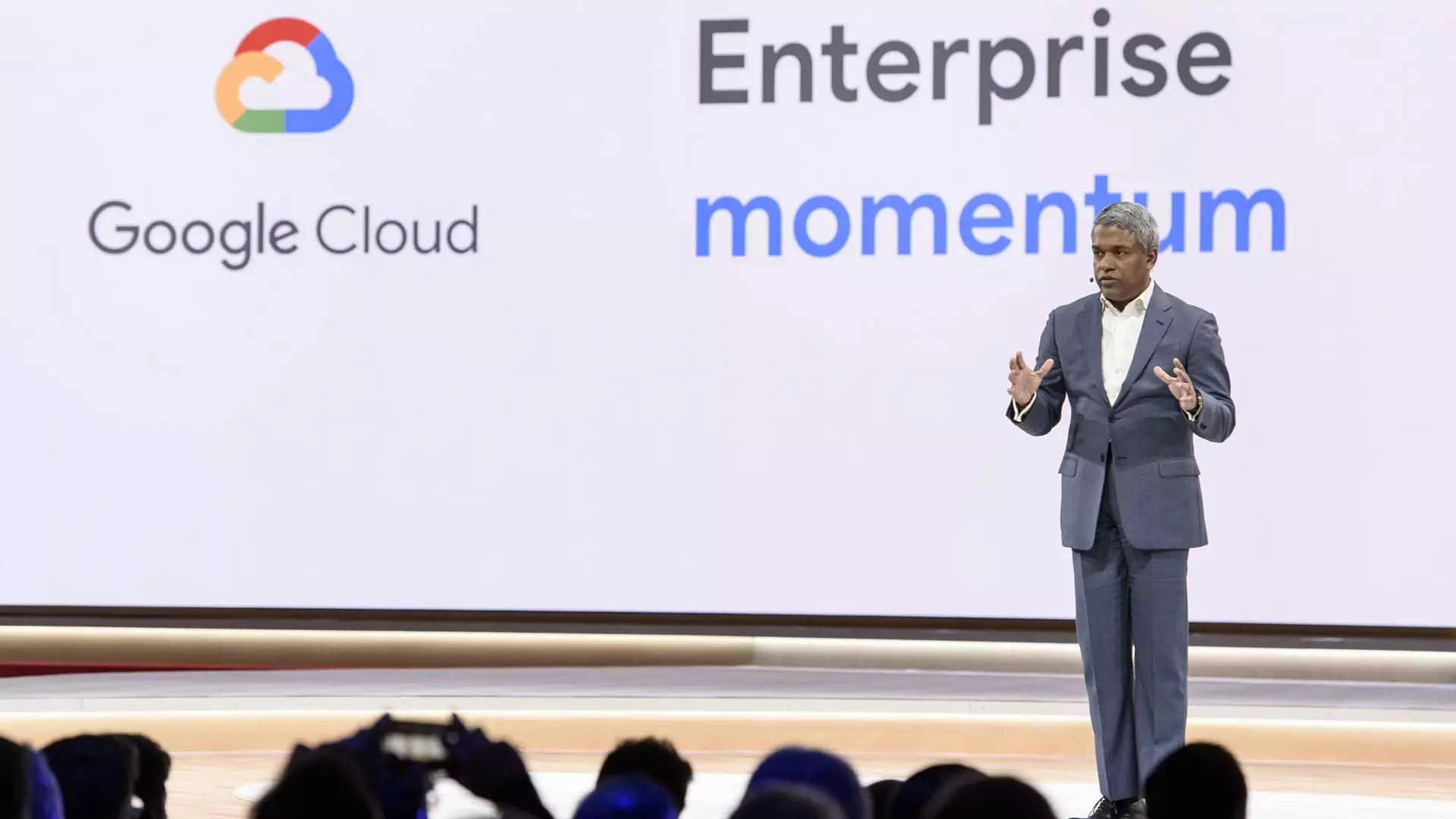Google is revolutionizing the cloud computing industry with its latest innovation – a custom-built Arm-based server chip. This move is a strategic attempt by Google to make cloud computing more affordable and competitive in the market. At the Cloud Next conference in Las Vegas, Google announced that the new processor will be available later in 2024, marking a significant milestone for the tech giant.
With the introduction of the Arm-based chip, Google is stepping up to rival companies like Amazon and Microsoft who have been utilizing similar strategies for years. The use of Arm-based chips in cloud infrastructure is not a new concept, as Amazon Web Services introduced its Graviton Arm chip back in 2018. These chips have proven to deliver up to 40% better price performance compared to traditional x86 models commonly used by AMD and Intel processors.
Google's venture into Arm-based server chips is a strategic move to gain an edge in the fiercely competitive cloud infrastructure market. While Google currently holds 7.5% of the market share, Amazon and Microsoft collectively control around 62%, according to Gartner estimates. By introducing their own Arm-based chip, Google aims to expand its presence in the cloud computing sector and attract more customers who are seeking cost-effective solutions.
One of the key benefits of Arm-based chips is their energy efficiency, which can lead to lower carbon emissions for certain workloads. Google's cloud chief, Thomas Kurian, highlighted that the Axion chips deliver 60% more energy efficiency than traditional x86-based VMs. Additionally, the Arm chips offer a shorter set of instructions and faster application speeds, making them a favorable choice for organizations looking to optimize performance.
Several prominent companies, including Datadog, Elastic, OpenX, and Snap, have expressed their intentions to adopt Google's new Arm-based server chips. The scalability, energy efficiency, and improved performance offered by these chips make them an attractive option for organizations looking to enhance their cloud infrastructure. The widespread adoption of Arm-based architecture could mark a significant shift in the cloud computing landscape.
Google's introduction of the Arm-based server chip is a game-changer in the cloud computing industry. By leveraging this cutting-edge technology, Google is poised to gain a competitive edge in the market and attract a broader customer base. The energy efficiency, improved performance, and cost-effectiveness of Arm-based chips make them a compelling choice for organizations seeking to optimize their cloud infrastructure. As Google continues to innovate and expand its cloud offerings, the adoption of Arm-based server chips is likely to drive significant advancements in the industry.

